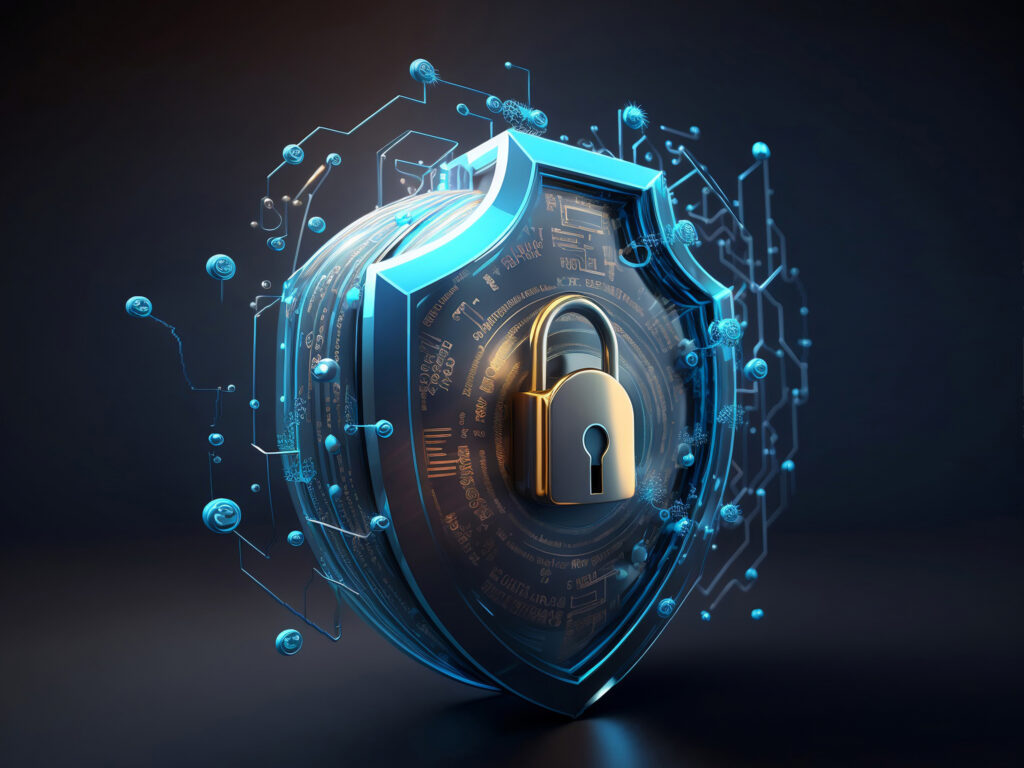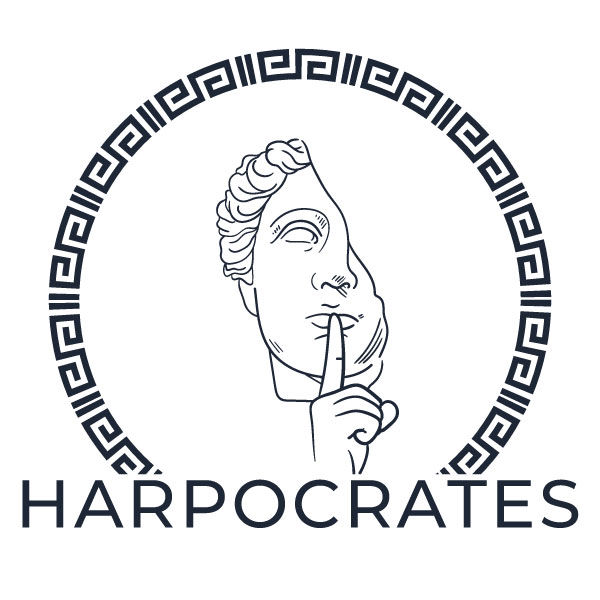Silence and Security: Harpocrates’ Legacy in Healthcare Innovation
3.4.2024 13:57
In the annals of history, there’s an intriguing tale about the Greek god Harpocrates, symbolizing silence and secrets. It’s said that Harpocrates knew the secrets of the gods, yet he never spoke them, epitomizing the importance of safeguarding information. This ancient myth highlights the timeless value of privacy and security, echoing into our modern world, especially in sensitive fields like healthcare.
In the realm of healthcare, the protection of patient privacy is paramount. This brings us to an innovative project: a sleep demonstrator, developed under the Harpocrates’ principles, aiming to enhance and automatize sleep medicine practice through secure data analysis. This demonstrator, employ secure computing technologies in healthcare, embarked on an exploration into the complex tasks of analyzing sleep data without compromising accuracy or patient privacy.

Initially, the project’s partners, a consortium of experts from various institutions including University Eastern Finland and Charite University Hospotal aimed to tackle challenges like estimating sleep stages from EEG data, detecting respiratory events, and exporting PSG signals securely. However, they realized the formidable complexity of these tasks due to the constraints of existing encryption technologies, such as Functional Encryption (FE) and Hybrid Homomorphic Encryption (HHE).
Pivoting with agility, the team identified and focused on three feasible tasks: estimating the number of desaturation events from blood oxygen saturation (SpO2) signal segments, calculating hypoxic load from SpO2, and estimating sleep fragmentation from hypnograms. This strategic shift was based on a thorough analysis of technical requirements and data specifications to ensure the project’s success.
The first task involved a detailed examination of SpO2 signals to identify desaturation events, crucial for being able to estimate or screen obstructive sleep apnea from oximeters. HARPOCRATES developed a machine learning model that boasted 87-90% accuracy in detecting segments with desaturation events from unencrypted data. This model’s further integration into a secure data management platform will represents a significant step toward applying these algorithms to encrypted data, enhancing patient data privacy.
As the project progresses, subsequent use cases will build on this foundation to further analyze sleep data securely.
